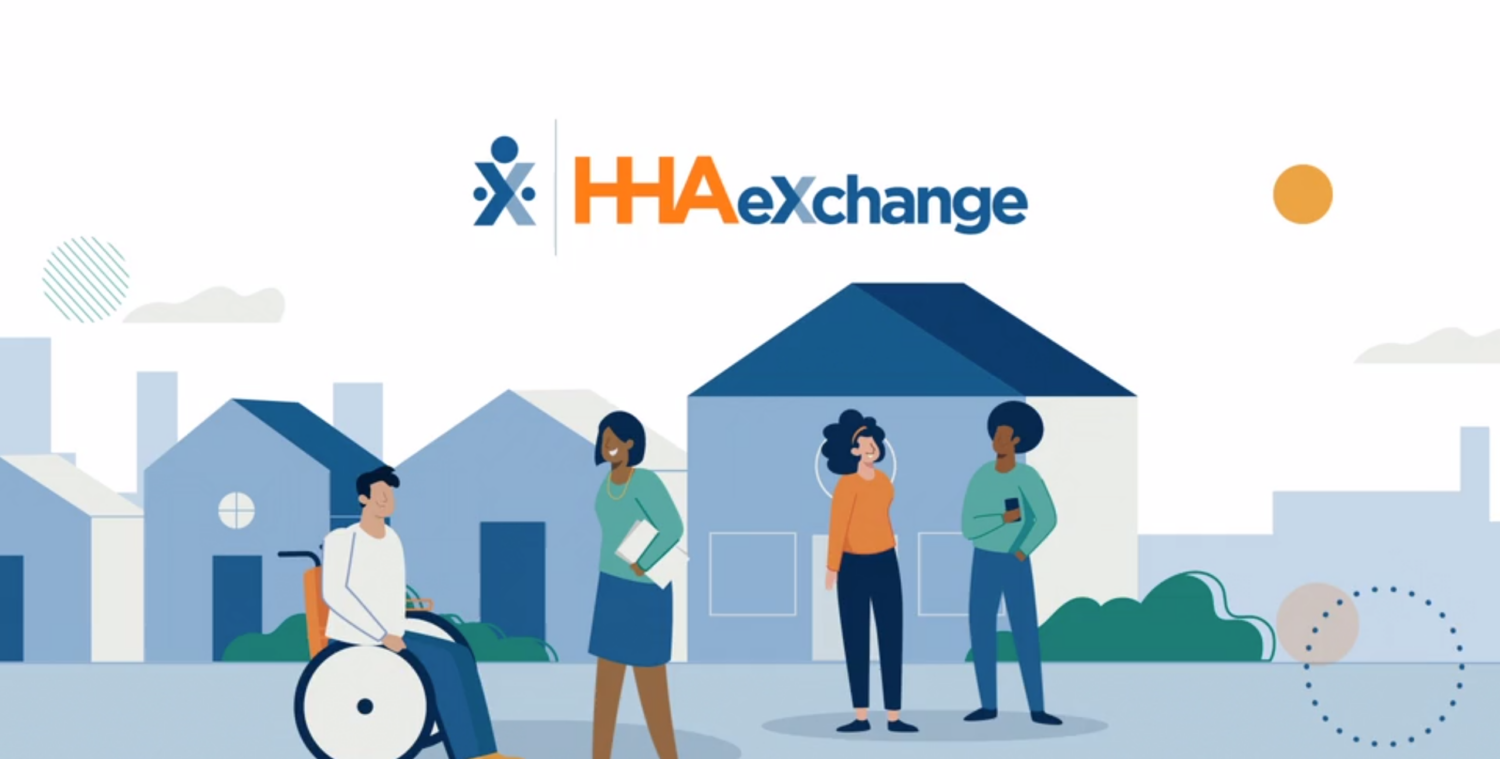
What You Should Know:
– HHAeXchange, a leading provider of healthcare workforce technology for home and community-based services (HCBS), released insights from a new survey of 145 agency owners and operators.
– The report, a “2025 Homecare Insights: Provider Voices Survey,” reveals that compliance has emerged as the top business priority for 2025, alongside persistent concerns about cost and the critical need for better real-time communication among caregivers.
Compliance Takes Center Stage Amidst Increasing Scrutiny
The survey aimed to understand the primary obstacles and facilitators for HCBS providers, as well as the tools and support that would make the biggest difference in their day-to-day operations. For 2025, compliance ranked as the top business priority for HCBS providers. As regulatory oversight intensifies, agencies are increasingly leveraging technology to stay ahead. Over half of providers using reporting tools (52.3%) say their primary use is to support compliance efforts, highlighting the vital role of these solutions in navigating regulatory demands. Furthermore, when asked about technology investments to support growth, 37.6% pointed to EVV (Electronic Visit Verification) and compliance tools—more than any other category.
Despite this clear prioritization, cost remains a significant barrier to administrative technology implementation, cited by 41.1% of providers in 2025. What’s notable is the significant jump in compliance concerns as a hesitation, rising to 23.3% in 2025 from 14% in 2023. This indicates that while agencies are acutely aware of the need for compliance-ready technology, they require clear proof of measurable ROI and reliability before committing to investments.
Communication and Data: Untapped Opportunities for Support
The survey highlighted the critical role of communication technology in supporting staff and clients. Providers ranked better real-time communication with caregivers as the top technology solution to help staff better support clients. Over 34% of agency leaders would prioritize technology that improves staff scheduling and communication, more than any other type of operational tool. This finding underscores the importance of seamless communication to prevent missed shifts, reduce family frustration, and avoid compromised care amidst ongoing staffing crises.
Another key insight revealed that nearly one in four (22%) agencies with reporting tools are not yet leveraging their data to inform business decisions or benefit their agency or clients. This represents a significant untapped opportunity, particularly as the industry moves further into value-based care models. Among those participating in value-based contracting, over 46% reported no change in reimbursement rates, even though only 7.4% struggled to meet quality benchmarks. This suggests many agencies are achieving strong outcomes but may not be effectively using their data to demonstrate success to payers and potential partners.
A Mission-Driven Field: The Heartbeat of Homecare
The survey confirmed the deeply mission-driven nature of homecare. 60% of respondents cited the delivery of high-quality, compassionate care as their primary motivation as a homecare provider. This aligns closely with a separate caregiver-focused survey, where 60% of caregivers also stated their biggest motivator is making a positive impact on their clients’ health and well-being. This shared commitment to care, extending beyond task lists, forms the “heartbeat” of the industry.
Empowering Caregivers Through Specialized Training
In support of this mission, 69.7% of providers reported offering specialized training to caregivers, with disease-specific care being the most commonly offered type. This focused education empowers caregivers to respond more confidently and competently to conditions like dementia, diabetes, or heart failure, without venturing into clinical or skilled care territory.
The benefits of specialized training extend beyond compliance, helping caregivers identify red flags early, deliver more empathetic care, and build stronger trust with clients and families. It also strategically positions agencies as partners to hospitals and skilled providers, strengthening referral pipelines and opening doors to growth. Ultimately, equipping caregivers with advanced knowledge raises the overall standard of care, leading to better client outcomes and stronger business for agencies.
